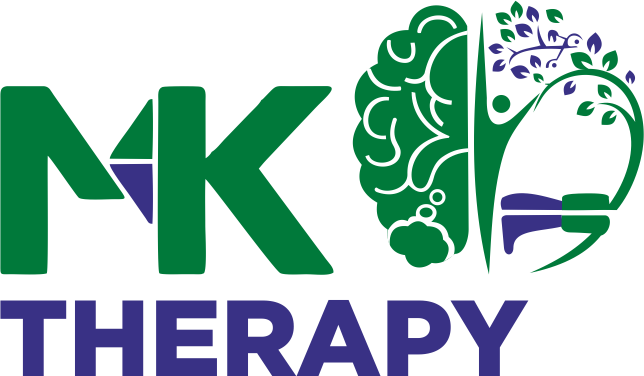Generalized Anxiety Disorder (GAD)
Generalized Anxiety Disorder (GAD) is a prevalent mental health condition characterized by chronic and excessive worry, impacting daily life and overall well-being.
Understanding GAD
Individuals with GAD often experience persistent anxiety about various aspects of their lives, such as work, health, family, or finances. This heightened state of worry can lead to physical and emotional symptoms that interfere with daily activities.
Common Symptoms of GAD
- Inability to control or stop worrying
- Overwhelming sense of dread
- Feeling on-edge or jittery
- Trouble falling or staying asleep
- Difficulty concentrating
- Indecisiveness or confusion
- Being easily startled
- Feeling tired during the day
- Shaking or trembling
- Muscle soreness or tension
- Digestive problems, including nausea and irritable bowels
- Excessive sweating
- Accelerated heart rate
Prevalence of Anxiety Disorders
Anxiety disorders are among the most common mental health conditions, affecting nearly 30% of adults at some point in their lives.
Panic Attacks
Panic attacks are sudden episodes of intense fear that trigger severe physical reactions without apparent cause.
Symptoms may include:
- Racing heartbeat
- Breathlessness
- Sweating
- Tremors
- Upset stomach
- Numbness or tingling
- Dizziness
Potential Causes of GAD
While the exact cause of GAD is not fully understood, several factors may contribute, including:
- Genetics: Family history of anxiety disorders
- Trauma: Exposure to distressing events
- Chronic Stress: Ongoing high-stress situations
- Health Conditions: Certain medical issues
- Substance Use: Misuse of drugs or alcohol
Lifestyle and Environmental Factors
Certain lifestyle and environmental factors can increase the risk of developing GAD, such as:
- High-stress job
- Troubled or abusive relationships
- Homelessness
- Financial problems
- Insufficient sleep
- Excessive responsibilities
- Unstable home life
It's important to note that GAD can develop even in the absence of these factors.
Getting Started
If you or a loved one is experiencing symptoms of GAD, seeking professional help is a crucial step toward effective management and improved well-being. At MK Therapy, I am here to support you on this journey.
